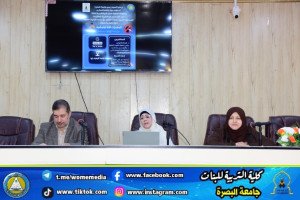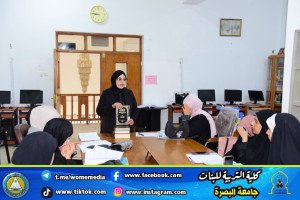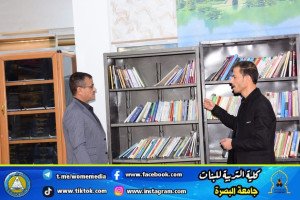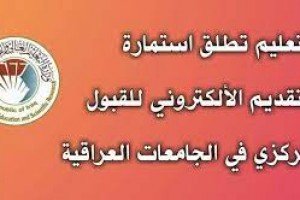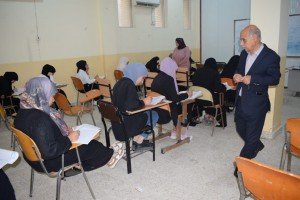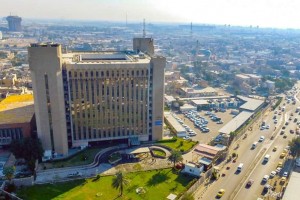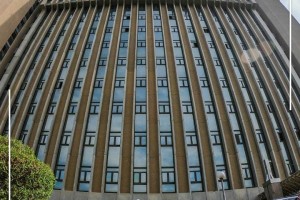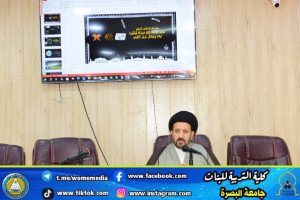
University of Basrah organizes a lecture on the effect of herbs on pediatrics
College of Education for Women at the University of Basra organized an electronic lecture entitled "The Effect of Weeds on Children's Health"
The lecture presented by Dr. Abdel Qader Ibrahim Abdullah, specializing in pediatrics in Salah El-Din Governorate, dealt with the use of herbs for children's health, especially if prescribed by non-specialists, and the danger lies in the difficulty of calculating the concentration of doses compared to the child's weight and age, and the inability to determine The concentration of the active substance in the herb, in addition to the fact that most of those who describe herbs are not familiar with the symptoms of diseases and the method of diagnosing the disease.
He added that the lack of studies on the use of herbs and the lack of laboratories for this increased these risks, as some of them contain toxins and others contain sugar, in addition to being contaminated with pesticides.
The lecture explained that there are herbs that are not given under the age of two years, such as wild thyme, marjoram, parsley, sage, ginseng and others.
Among the herbs that contain toxic substances are the sequoia, which is sometimes fatal. It is used for children and is described in abundance in our country. It may contain oleander or the flower of the Queen of the Night also toxic substances, animals and harmful metals.
The lecture recommended that herbs not be used for children under the age of six months, and that they do not contain sugar for those under one year, and that they be produced by well-known companies.

